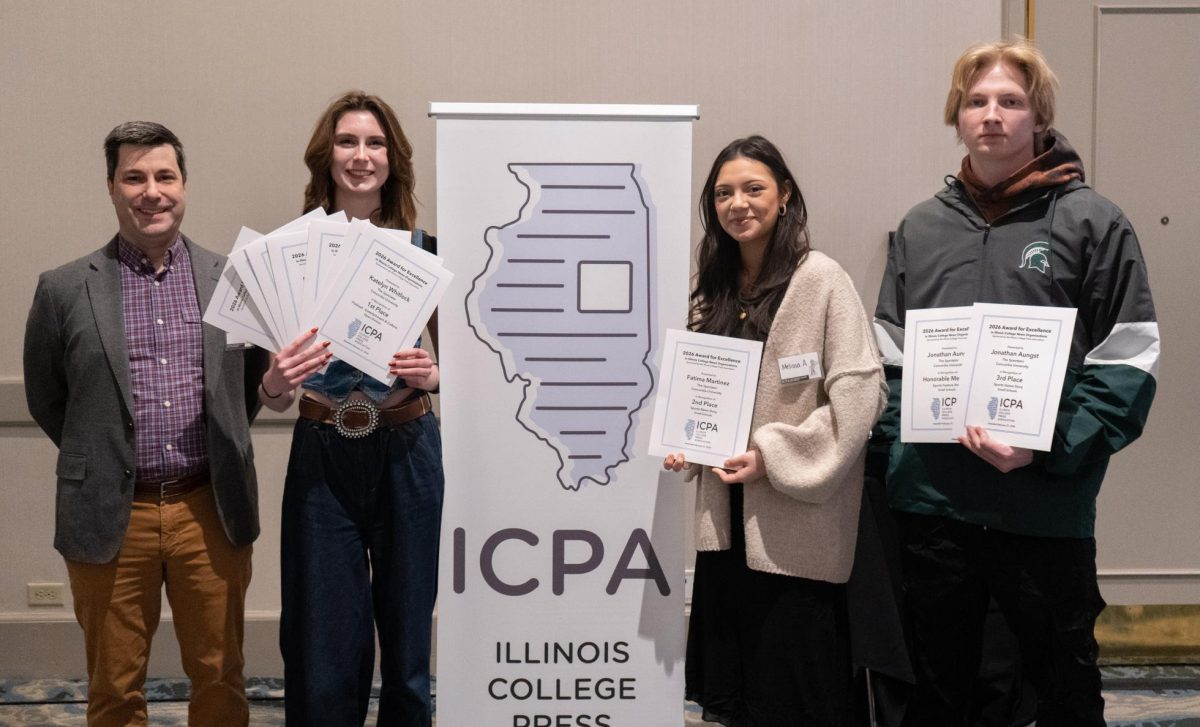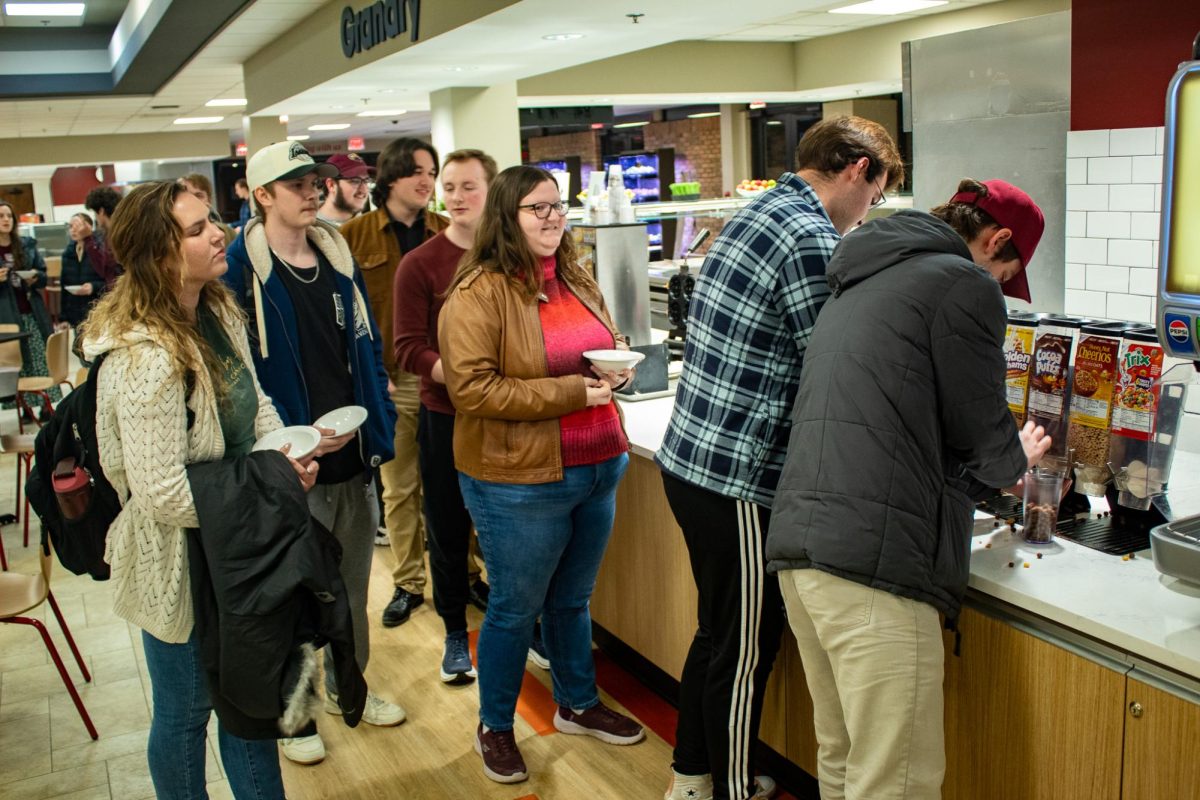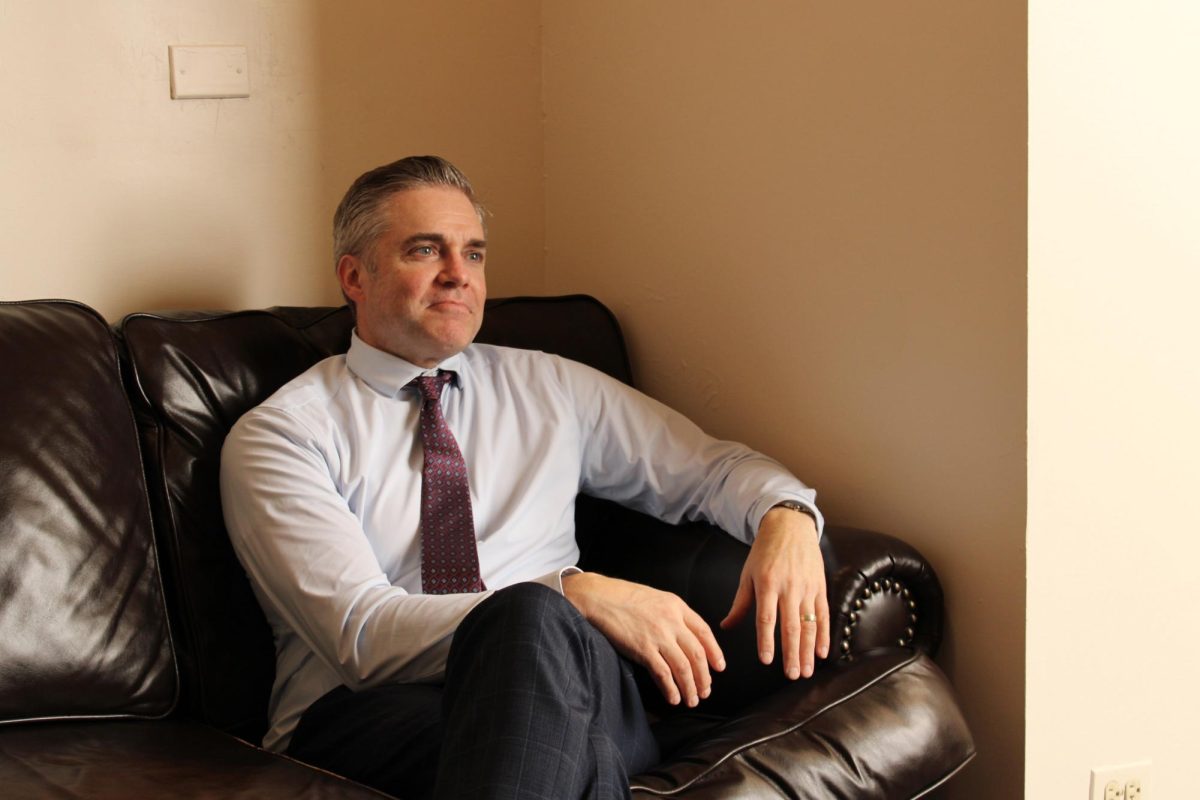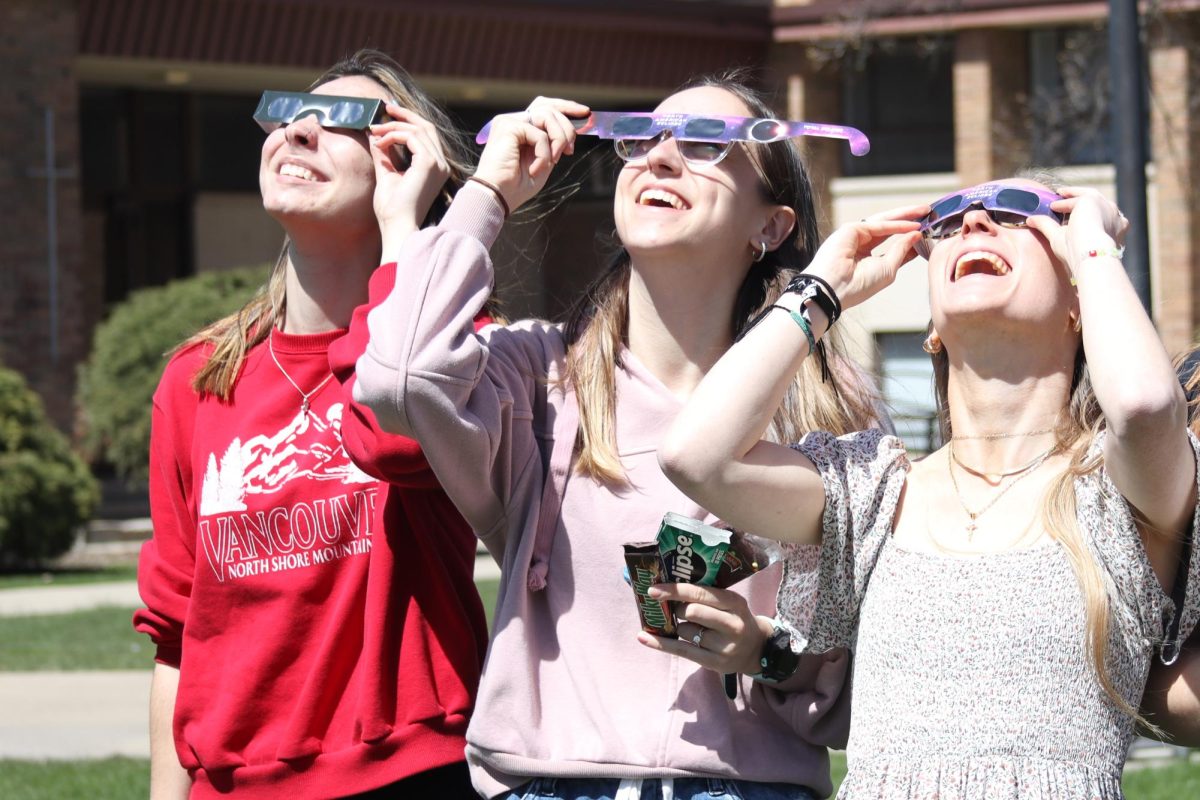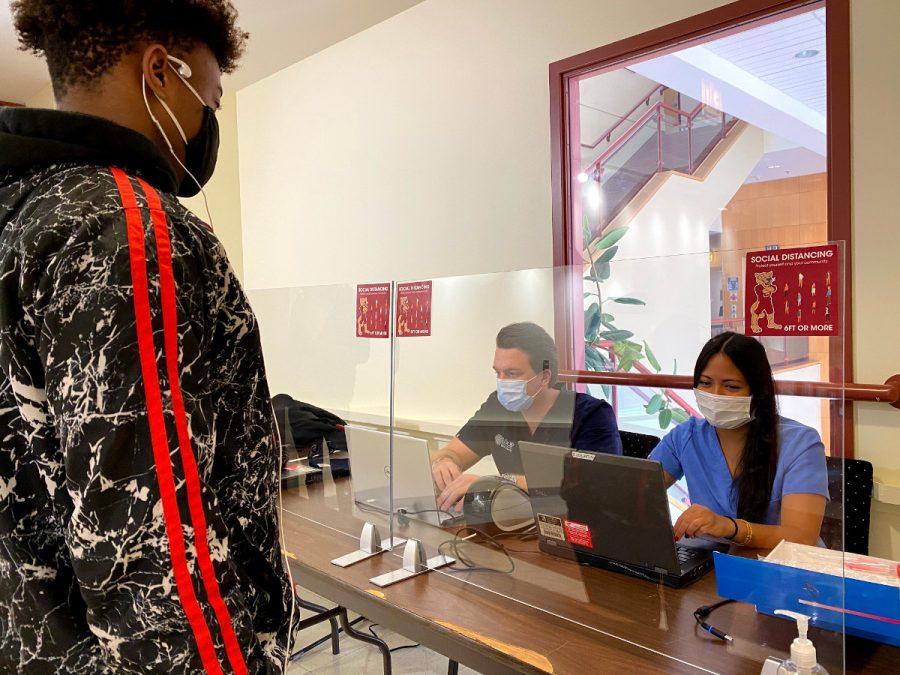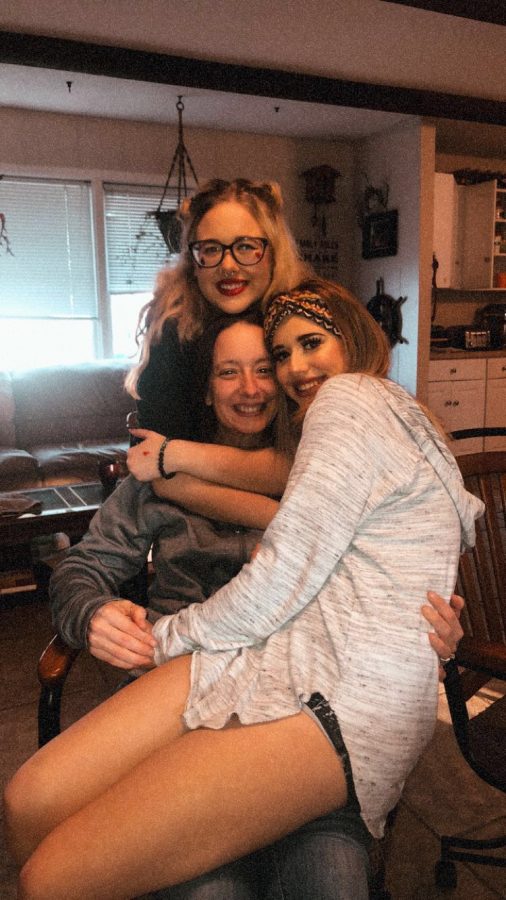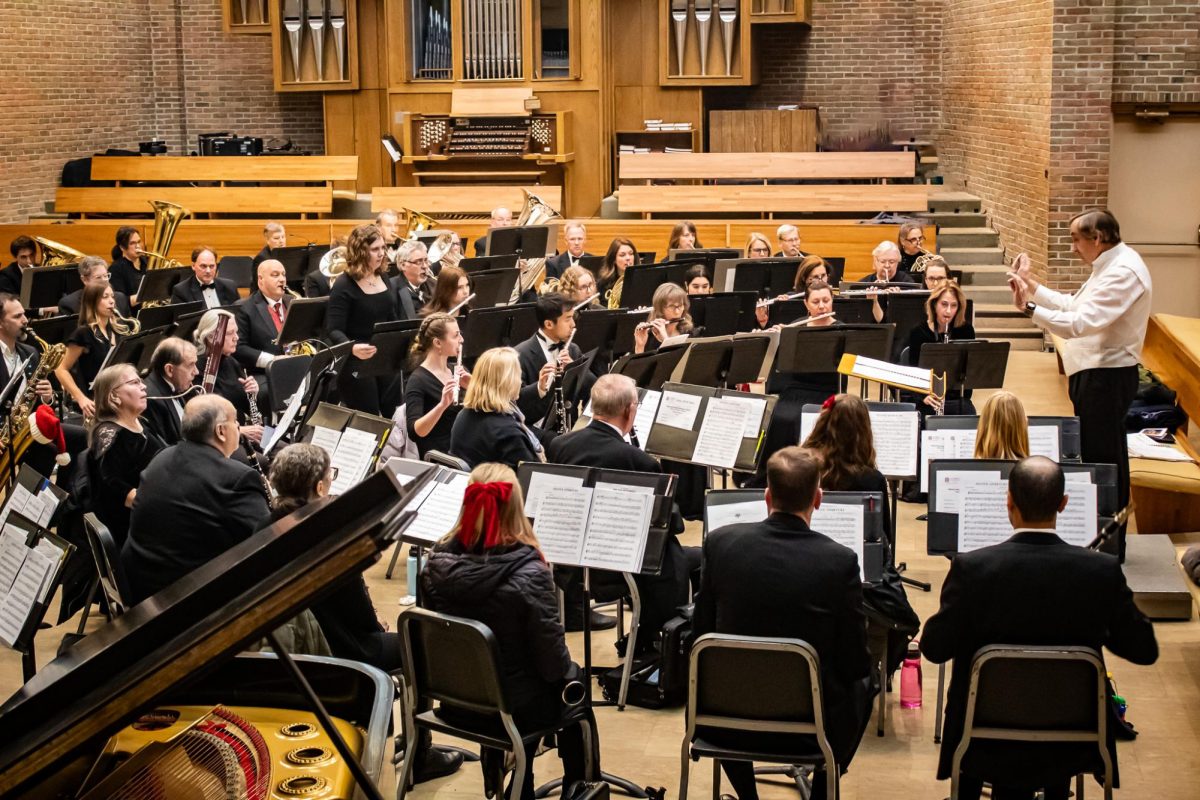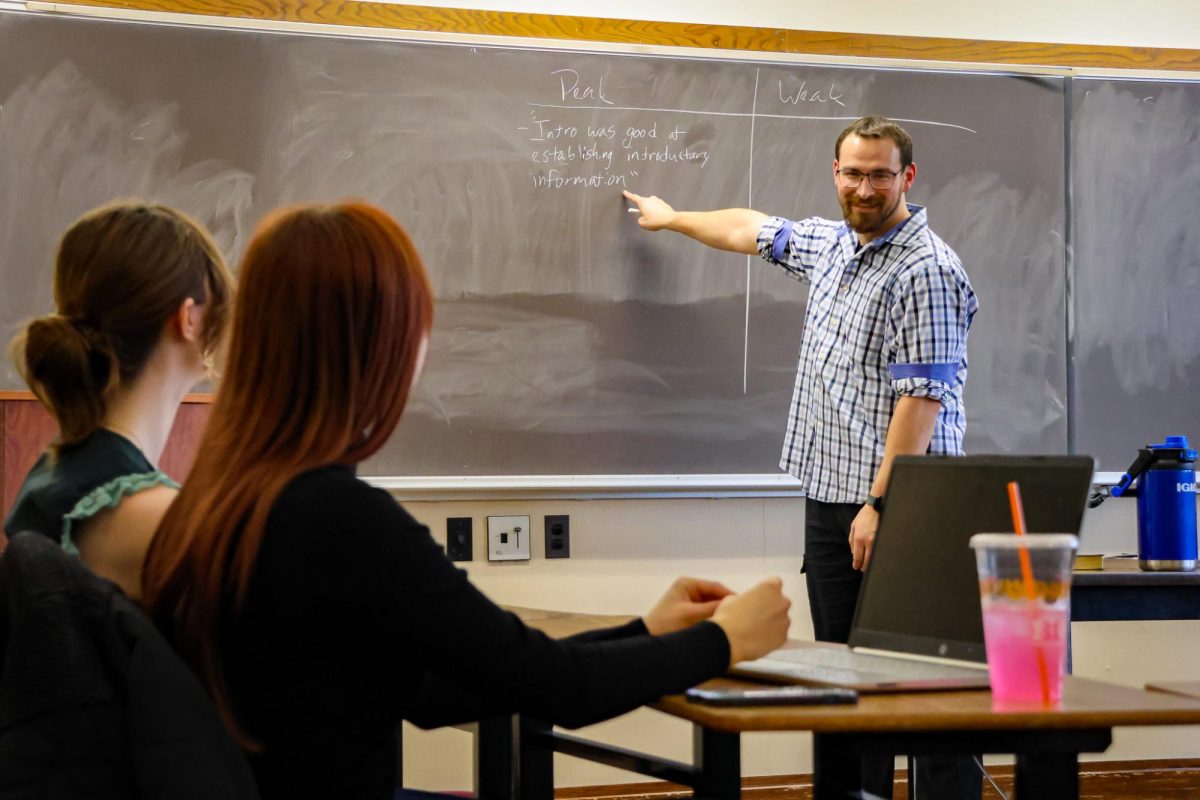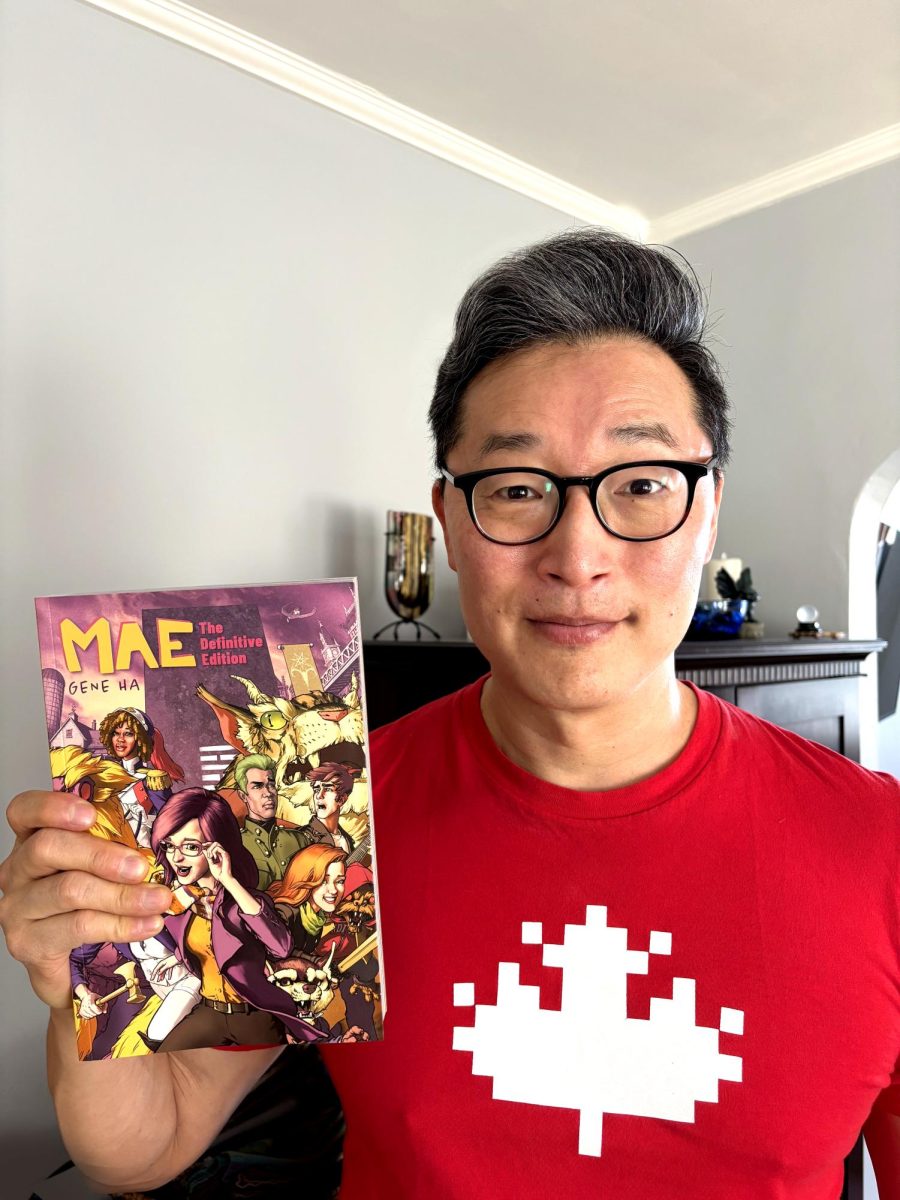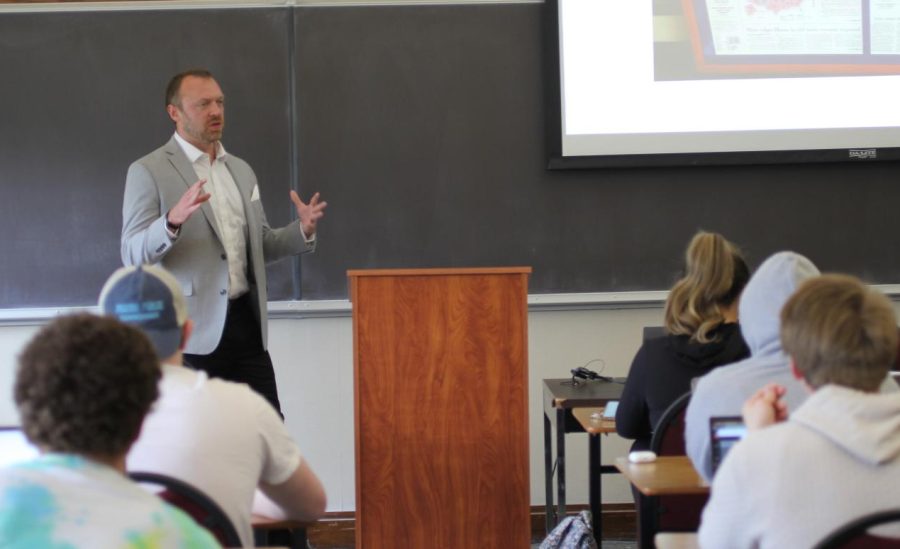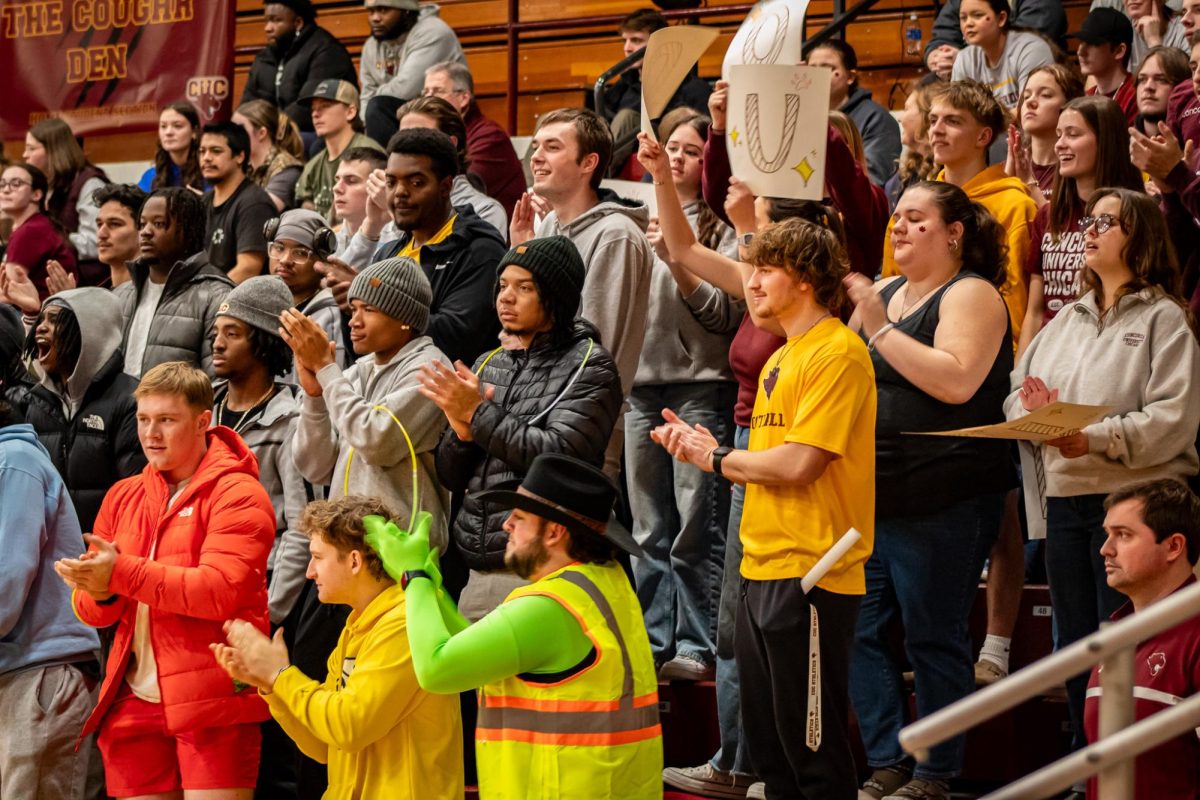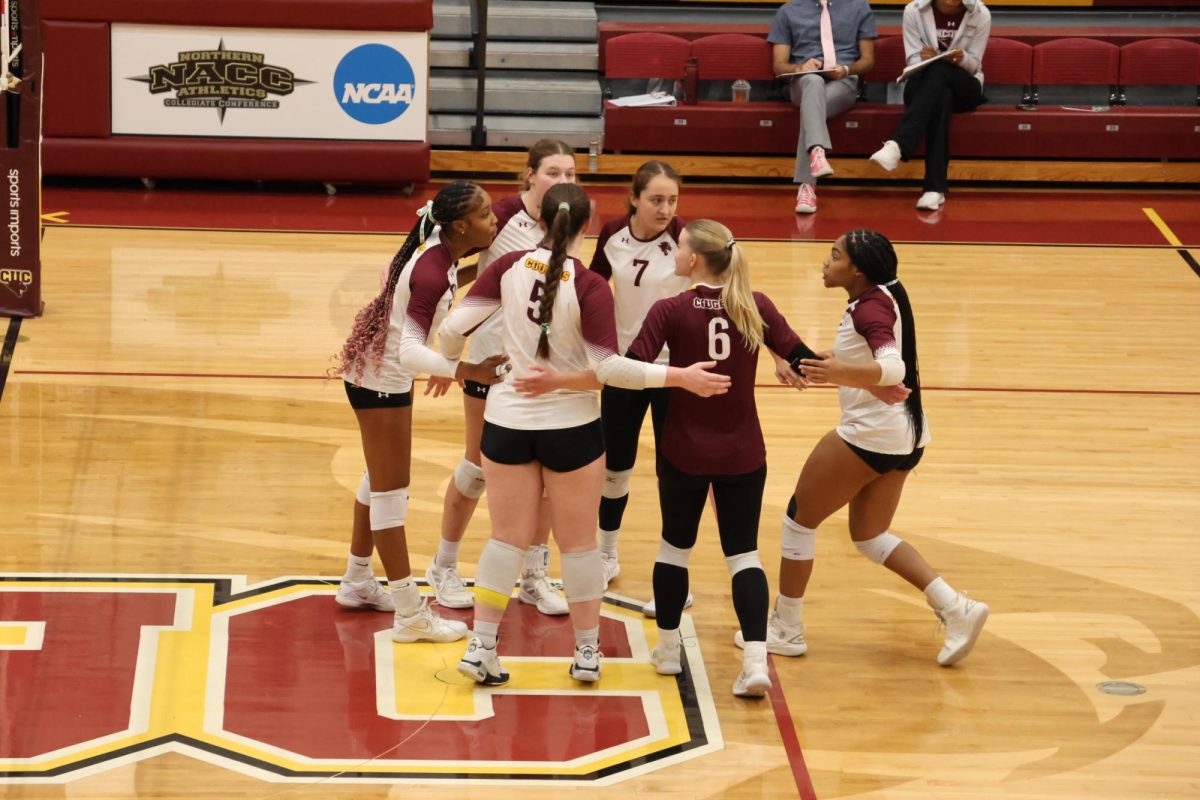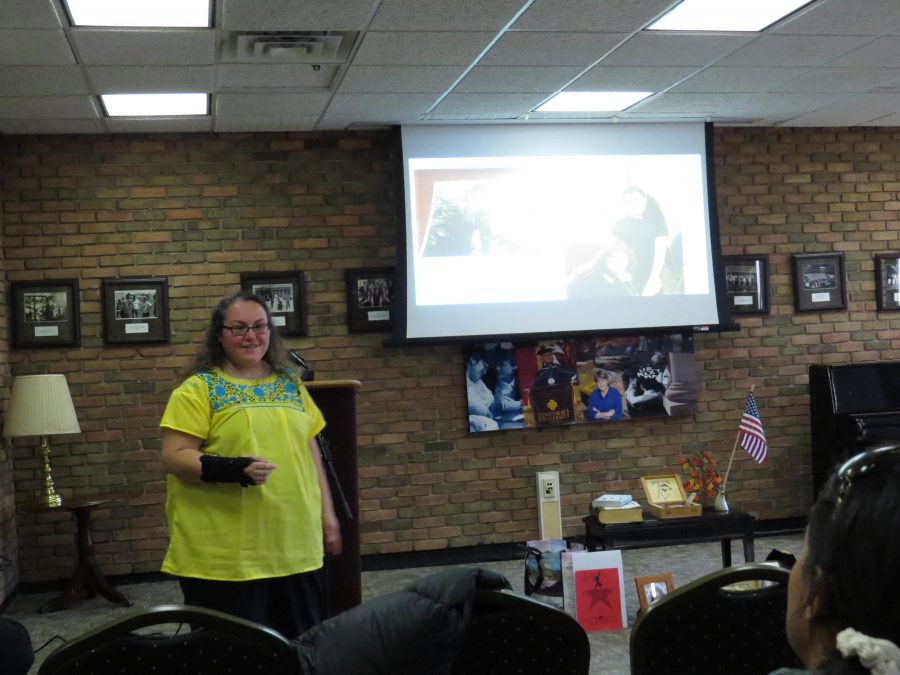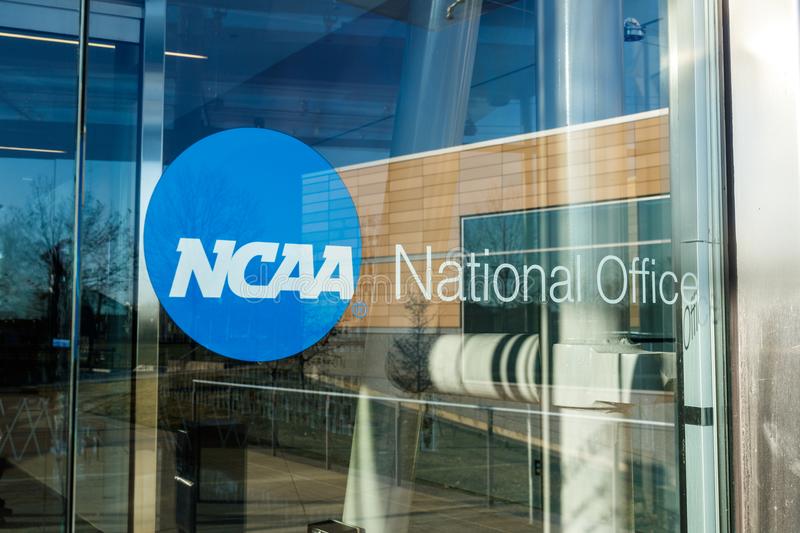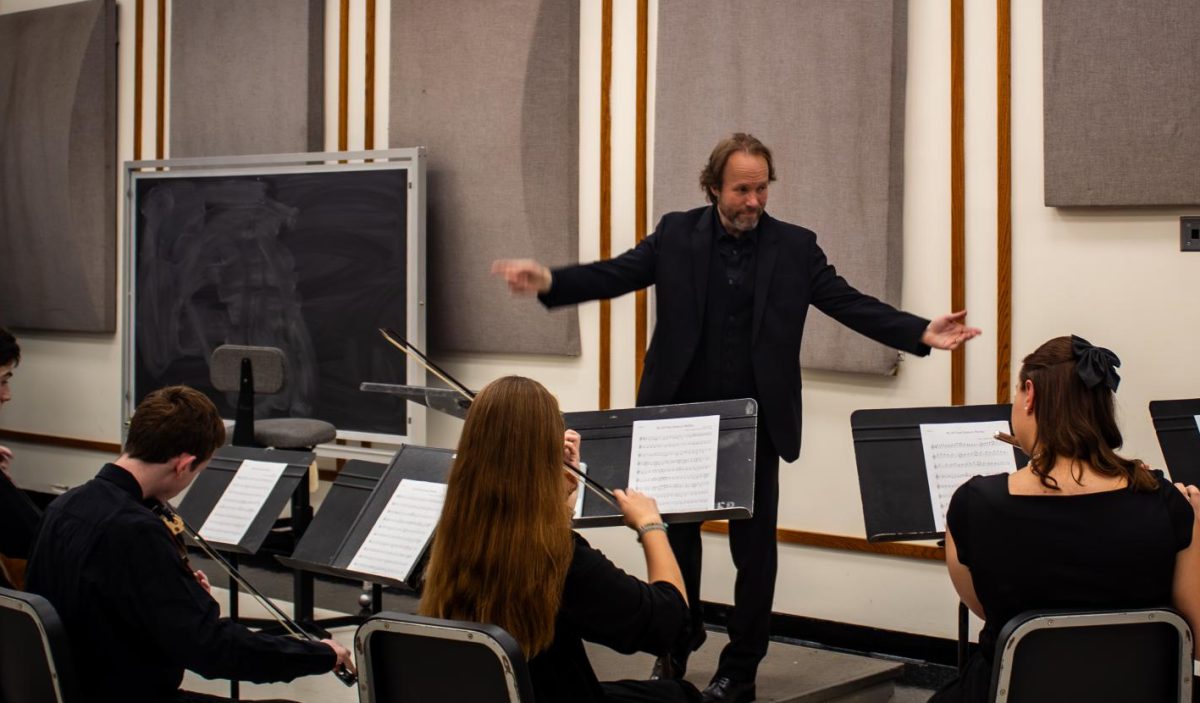It’s your first day freshman year and you sit down in your very first class, eager to see what’s in store for the whole semester. You grab your syllabus from your English professor only to see that big scary surname as one of the assignments: Shakespeare. There really is no way to escape this mogul of literature in academia, so why do students seem to be scared by Shakespeare?
When Dr. Jason Narvy at Concordia University Chicago was asked about No Fear Shakespeare, he said that he hated it. Immediately we are told that we are supposed to be afraid of Shakespeare because we don’t necessarily talk this way anymore. People of Shakespeare’s time weren’t afraid of this language because they went to the theater to learn new words. Shakespeare would make up words so he could entertain people, not so people 500 years later would be scared of misinterpreting it.
Shakespeare didn’t also become something people were afraid of until recent history. In the late 1800s, during the time of the “Wild West”, the books that the men would carry would be the Bible and Shakespeare. These cowboys would perform Shakespeare in a saloon for whoever would watch, and that is how they would have educated themselves even further.
Dr. Narvy also said that the language is special. “Shakespeare wasn’t good at writing plot, so everything came out in the characters.” The words that were written on the page were telling us why these characters were doing what they were doing, so you should always take care of the language. This doesn’t mean that the language is unattainable, but we should read closely to see what these characters truly want.
Dr. Narvy also gave his piece of advice to anyone reading, in an academic setting, or possibly even performing in a Shakespeare. “This is special, because when will you get another chance to say these words in this way?” Treat the opportunity as a chance to grow as a person and learn something new rather than approaching it as a scary wall that’s impossible to climb. Always remember that Shakespeare was a human being and so are you.

